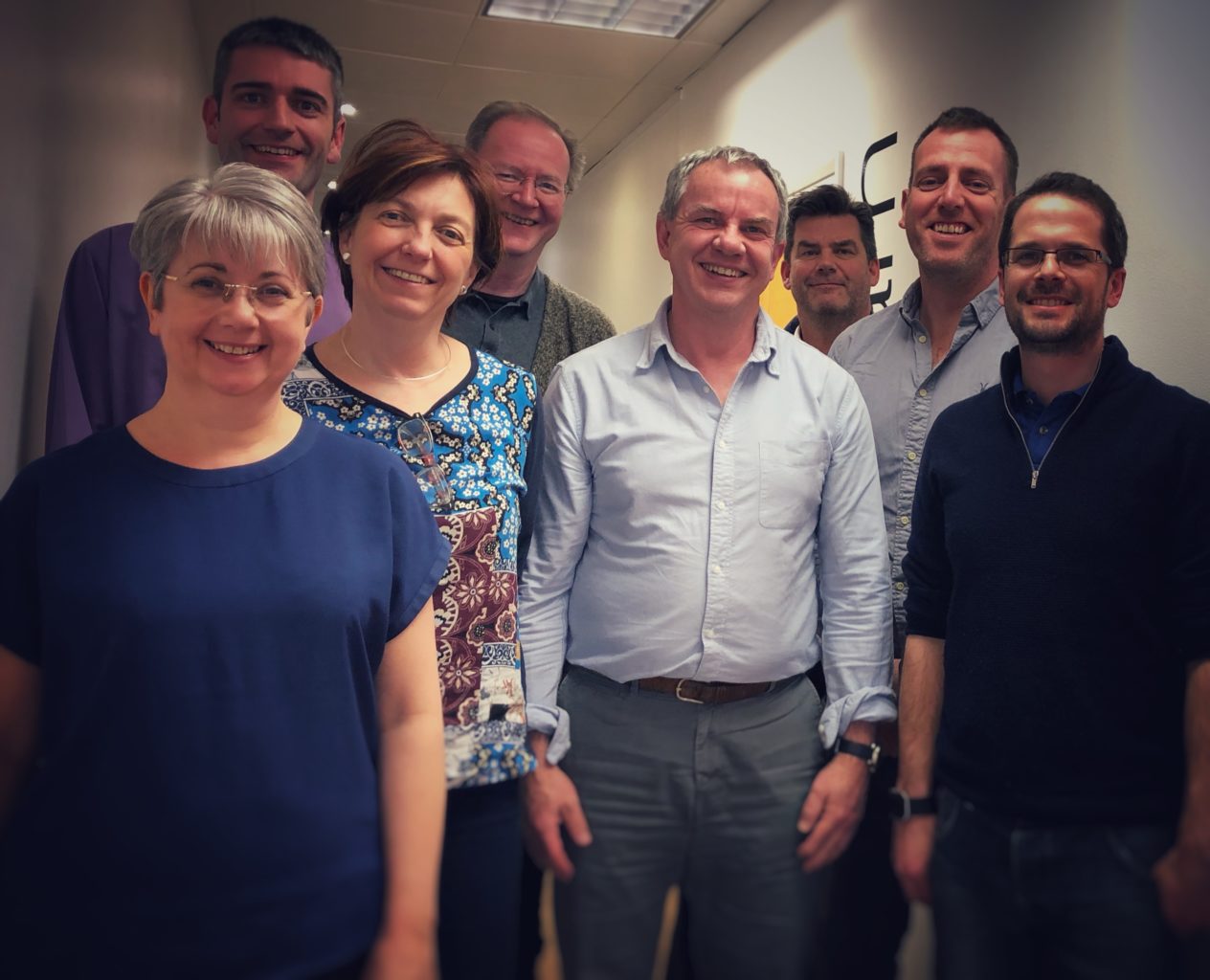The Echo360 European Academic Champions Spearhead a New Era for Student Engagement

What are the best active learning techniques for increasing student engagement? How can universities embed them more deeply? And how could students use lecture recordings more effectively in their studies?
These are just a few of the questions that will be answered by the universities selected to participate in Echo360’s Academic Champions Grant programme for the European community, which we were very excited to launch in the UK in March 2019.
After a careful review of dozens of applications, 6 individuals were selected as Academic Champions, each receiving a significant grant designed to support the development and use of Echo360 in their institutions.
The Academic Champions are:
- Eoin Coakley, Course Director for undergraduate Civil Engineering courses, School of Energy, Construction and Environment at Coventry University
- Simon Hall, Learning Technologist and educational consultant, King’s College London
- Rod Digges, Learning Technologist, University College London
- Cecilia Goria, Associate Professor, Modern Language and Cultures, University of Nottingham
- Louise Robson, Director of Learning and Teaching, Department of Biomedical Science, University of Sheffield
- Michael Seery, Director of Teaching, School of Chemistry, University of Edinburgh
I got the chance to chat to the Academic Champions at our recent European Community Conference, which took place at the University of Edinburgh, and was very excited to hear about their plans for how the grants will be used.
I noticed a number of common themes that the universities wanted to focus on.
Student Engagement
Many universities wanted to get a better understanding of how the active learning tools within Echo360 could be used more effectively to increase student engagement and achievement.
Research conducted by Louise Robson from Sheffield University, one of our new Academic Champions, has shown a close correlation between participation in active learning activities and higher academic attainment. So, Louise is keen to encourage more academics to use the tools available in Echo360 as part of her project.
“Our plan is to run a series of workshops that will enable academics who are super-users of the tools in Echo360 to share examples of best practice to help inspire those who may not be so experienced in introducing the concept of active learning into their lectures.”
The project will see student interns recruited from each faculty too, helping to bring a fresh perspective on how to develop truly engaging learning resources from students’ point of view.
A Seamless Learning Experience
As the lines between traditional teaching, online and blended learning continue to blur, universities are also interested in using their grants to look much more deeply into how they can give their students the same experience, however and wherever they learn.
For Simon Hall, Academic Champion at King’s College London, this means extending the use of the active learning features in Echo360 for both on-site and online teaching.
“We want to give students the choice to learn in whatever way best suits them and to have an equally engaging experience, whether they are in class or online,” says Simon.
Breaking Down Barriers
The champions spoke about how lecture capture has historically been something that happens in the background. But as the video technology evolves to support instructors in delivering a more interactive learning experience, there is a growing need to encourage its wider use.
At University College London, for example, Academic Champion Rod Digges is planning to get a clearer understanding of the concerns staff might have about using the video and active learning tools.
Speaking at the conference, Rod explained, “The work we’ll be doing is to look at subjects with a lower uptake of active learning methods and work closely with staff to understand and provide the support they need to develop the practice.”
Universities are placing great emphasis on supporting students too. An institution-wide campaign is being launched by Louise Robson at University of Sheffield to help students use lecture recordings more effectively. And as Cecilia Goria, Academic Champion at the University of Nottingham, explained, her focus will be on how active learning can support students’ progress in languages.
“Teaching grammatical rules to a class of 100 plus could be a whole different experience for both academics and students. So, my goal is to use the grant to be creative and innovative in how we incorporate more video and active learning activities into our language courses.”
We are really looking forward to working with our Academic Champions across the UK to help them meet their goals and enrich teaching and learning for both academics and their students.
If you’d like more information on how you can apply to become an Academic Champion in 2020, contact us.









